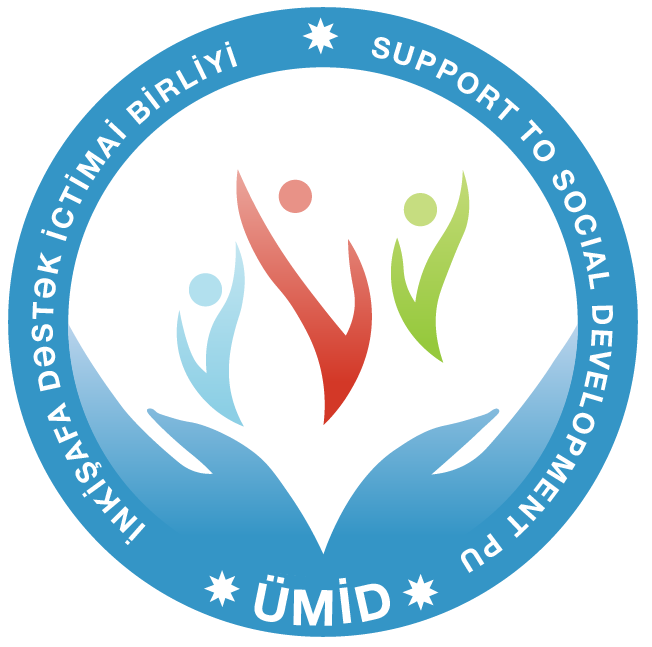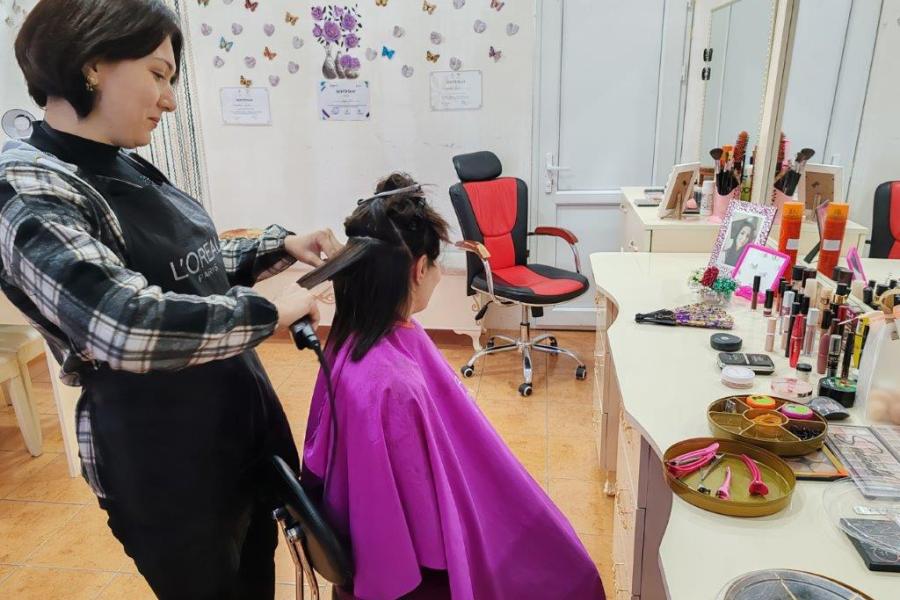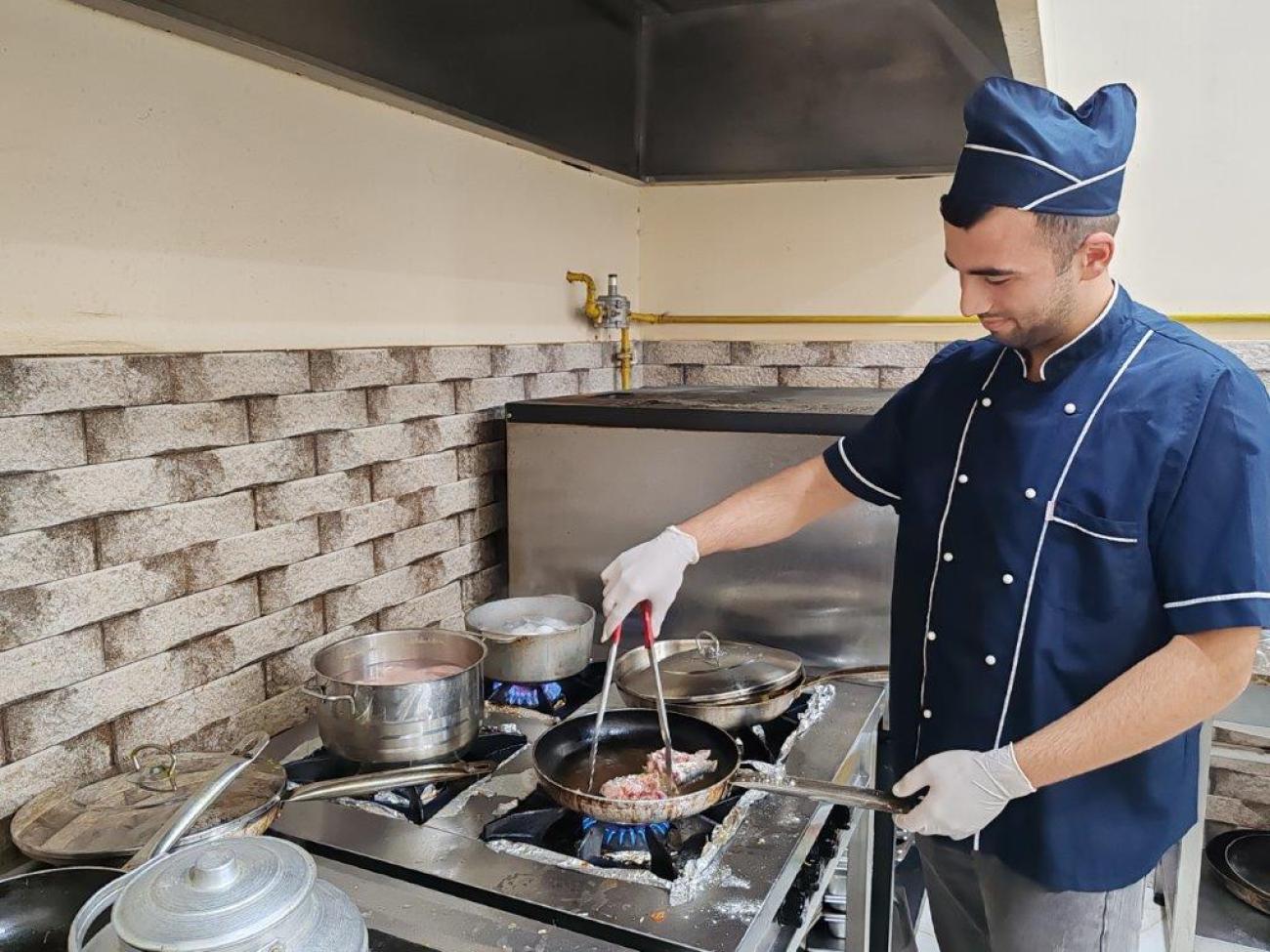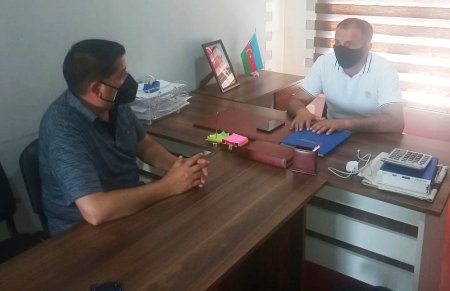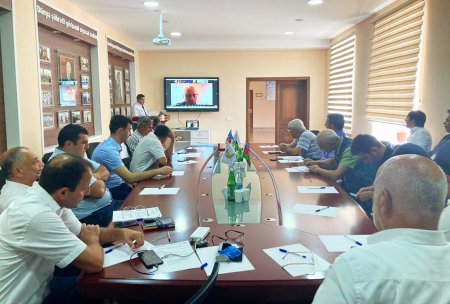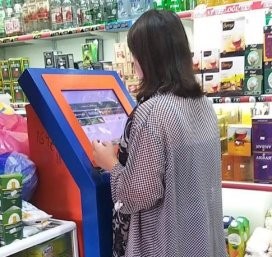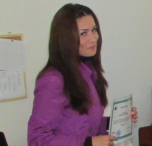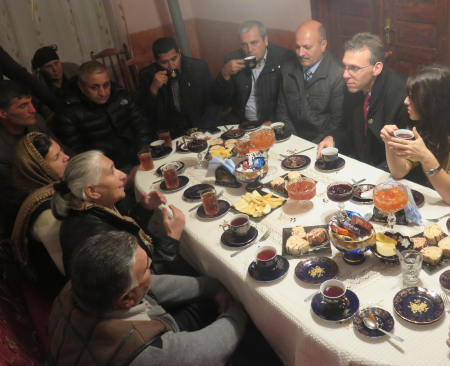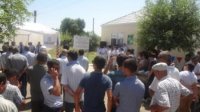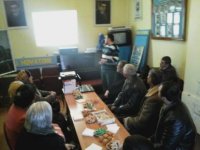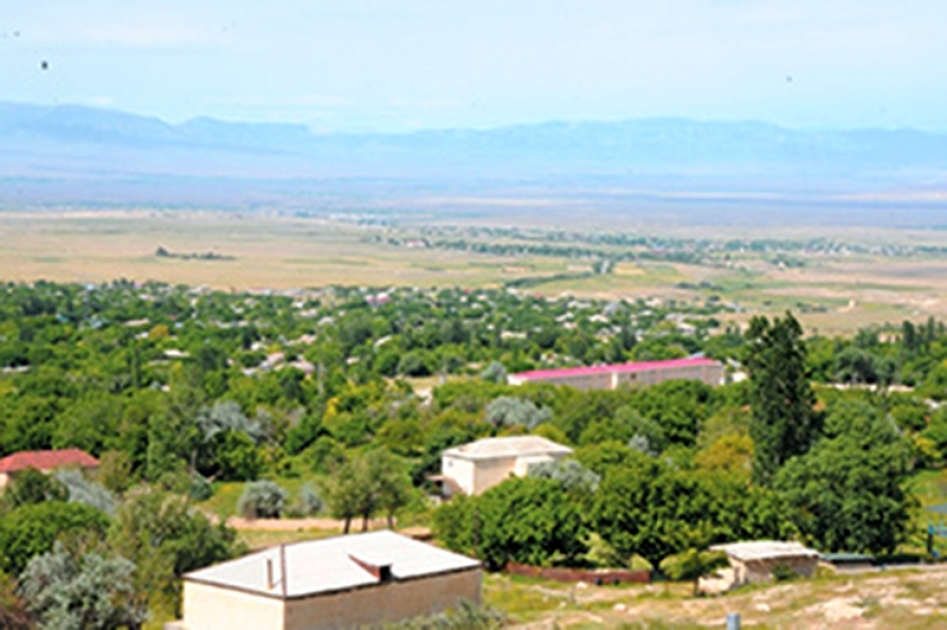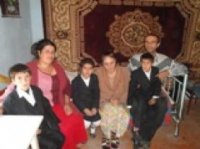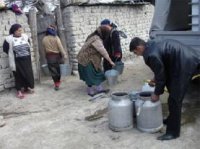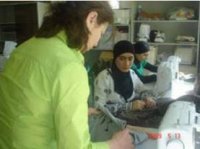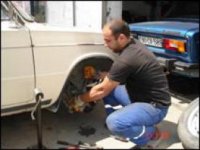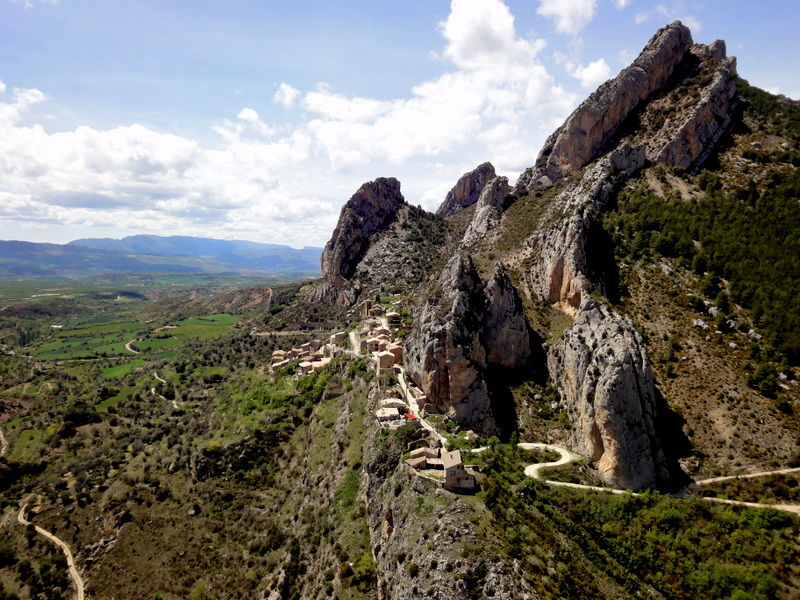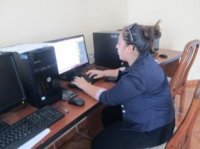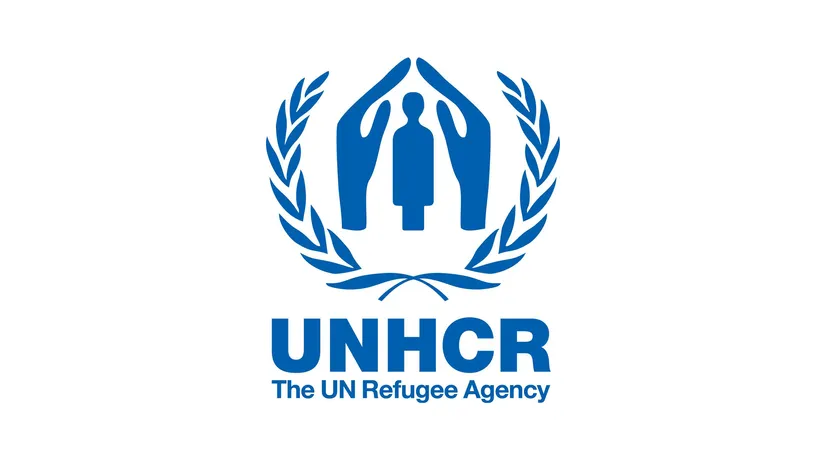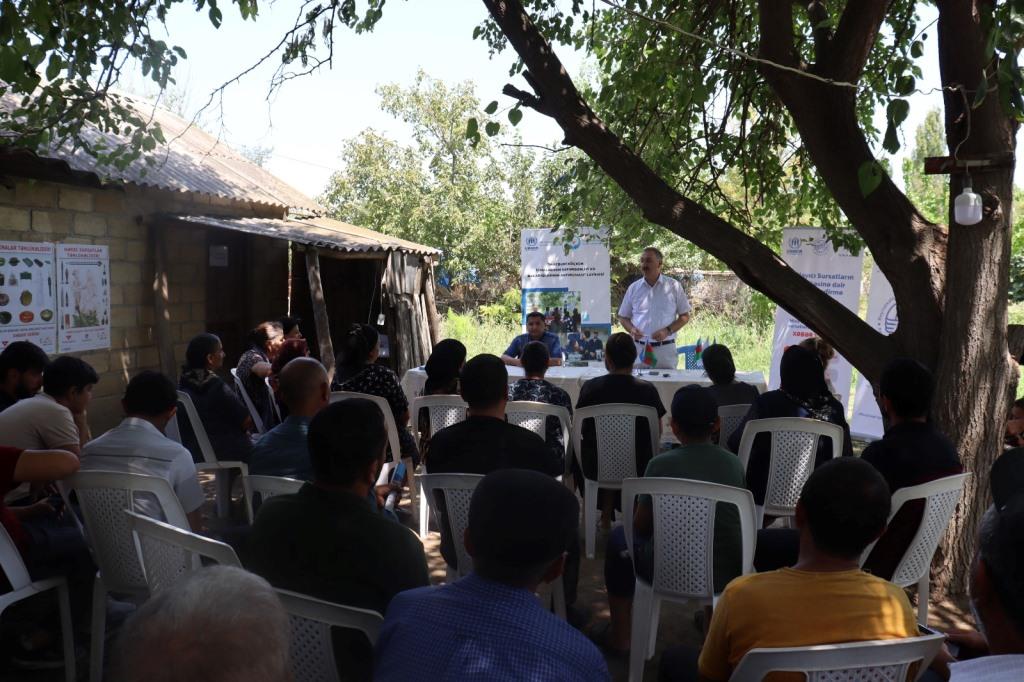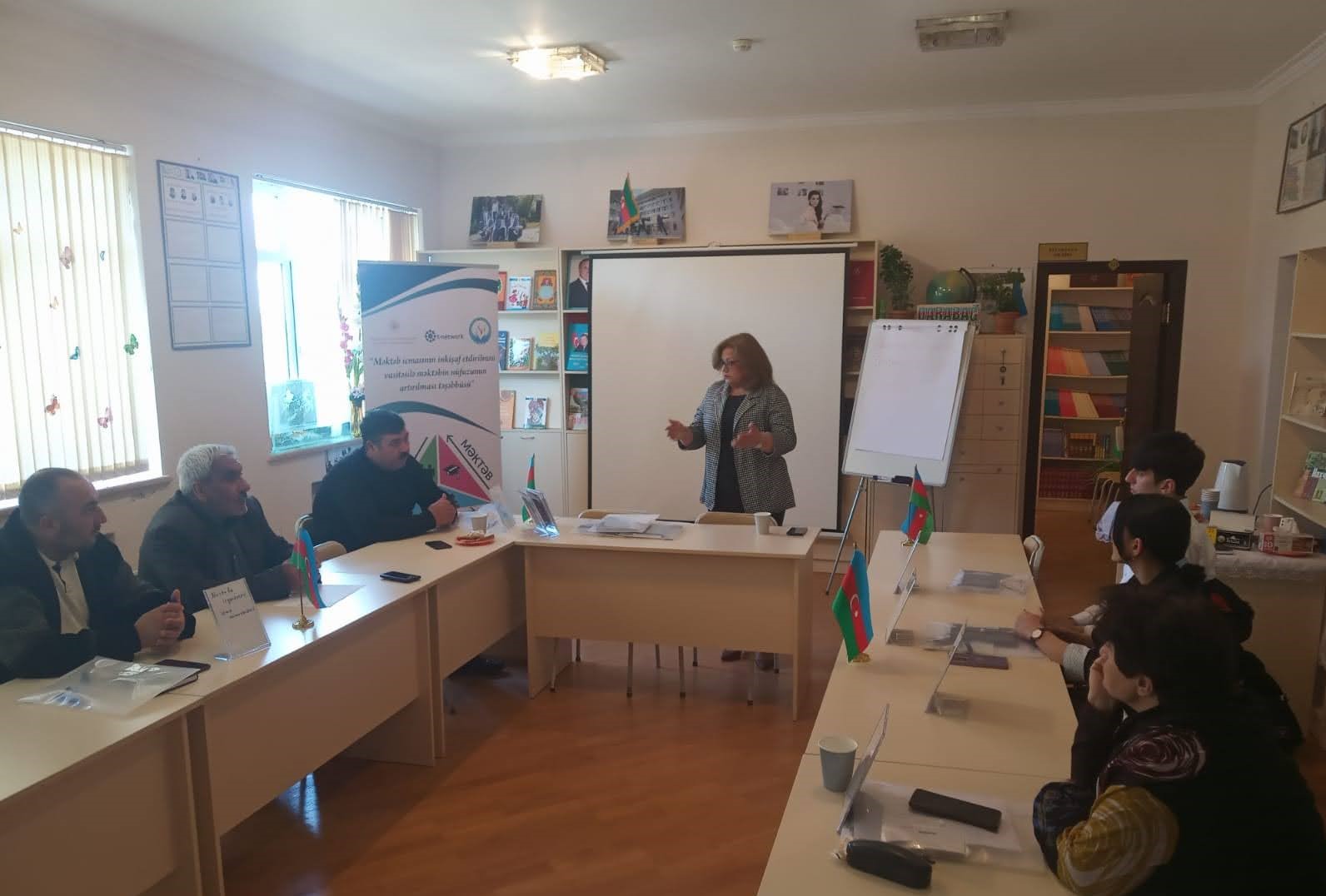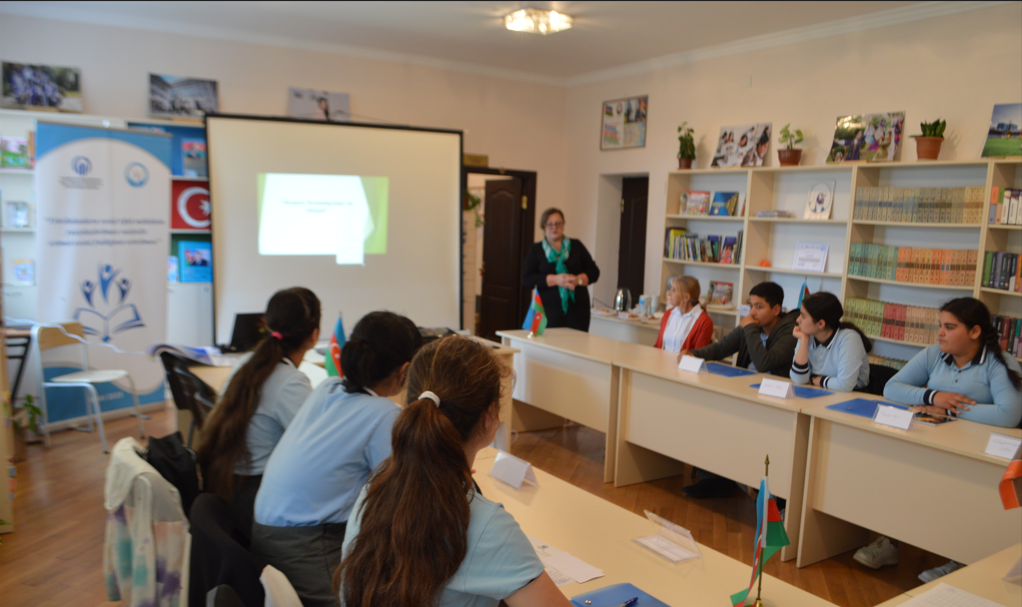"Efficiency Ratio – A Core Indicator of Measurable Impact at Every Stage of NGO Activities," says Israyil Isgandarov
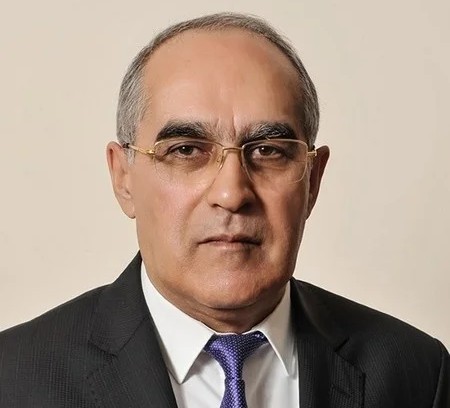
Chairman of “Umid” Public Union, Israyil Isgandarov, Participates in Discussions on NGO Sector Development at the National NGO Forum
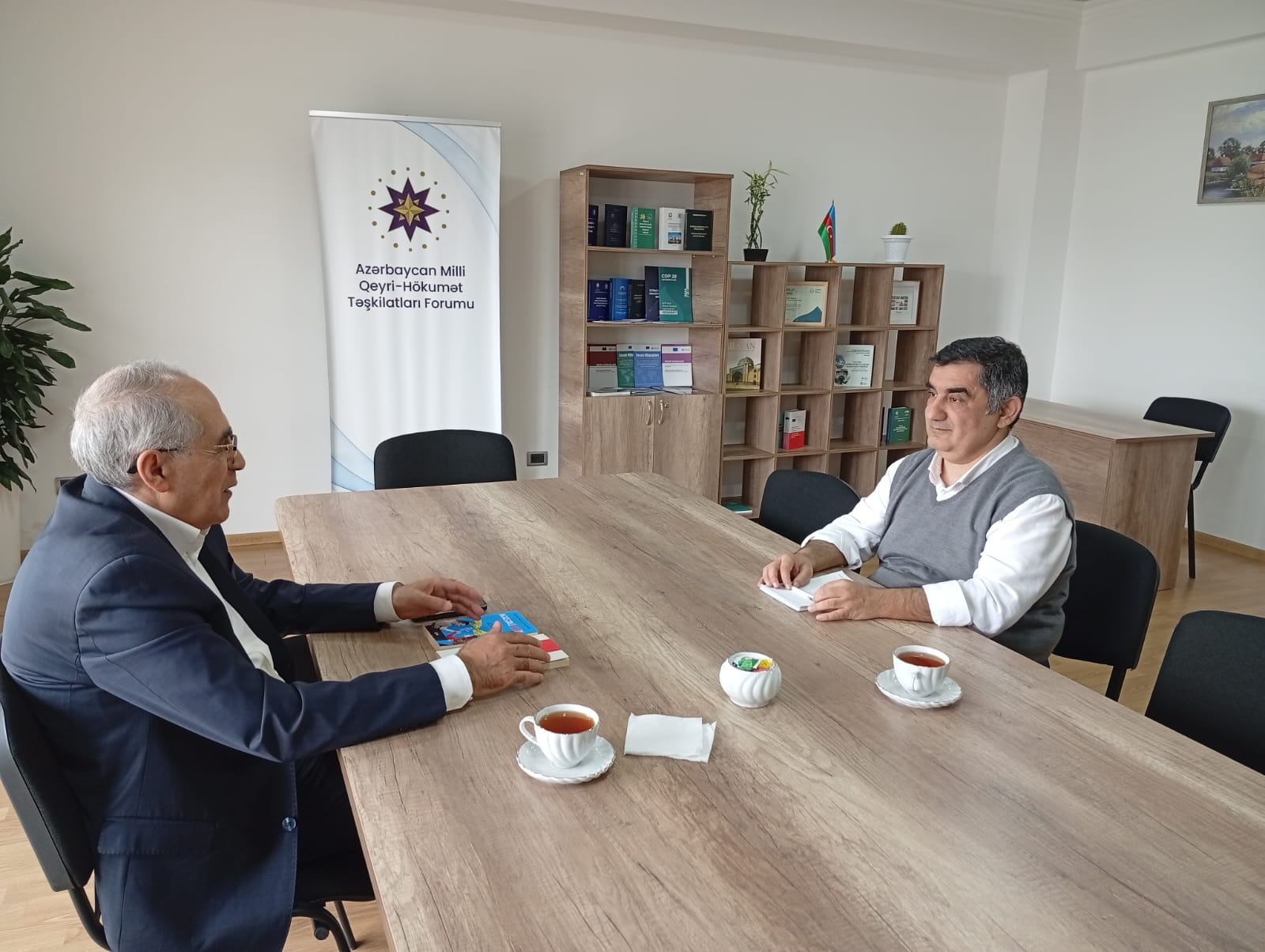
"Umid" SSD PU Awarded with a Certificate of Appreciation for Active Participation at COP29
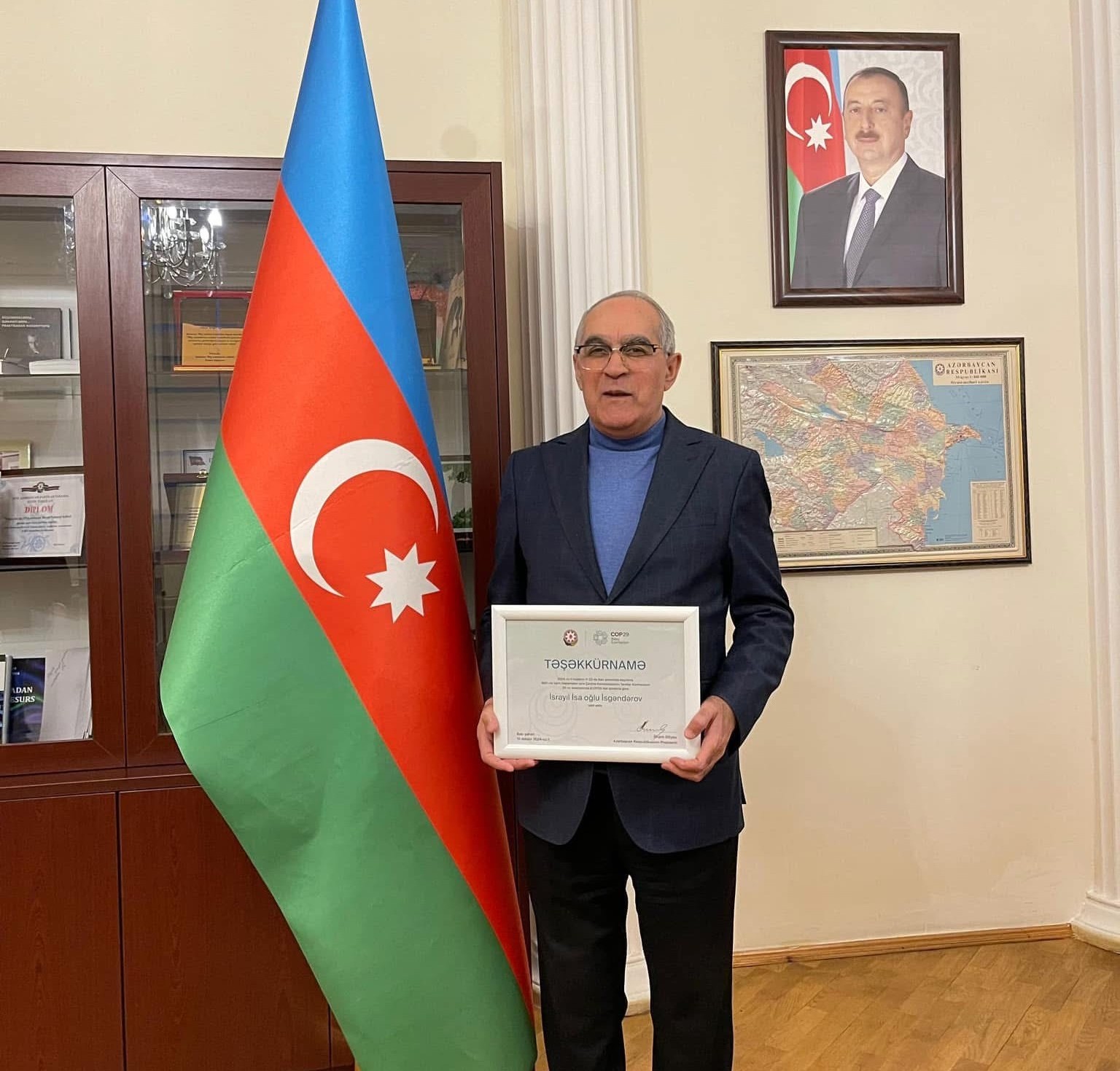
Provide the right environment, and people will create miracles
"Umid" Support to Social Development Public Union is a non-governmental organization working to empower communities and promote equal opportunities across various regions of Azerbaijan. We support community-based initiatives in education, civic engagement, gender equality, and sustainable development.
We believe that by unlocking the potential of every individual, we can build a stronger and more just society. Our projects respond to the needs of local communities and aim to contribute to their well-being.
You can find detailed information about our activities, projects, and achievements on this website.
If you want to contribute to society,
